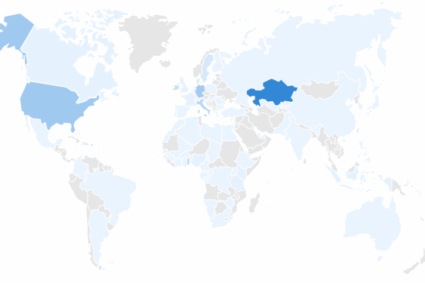
African party systems vary considerably in their patterns of stability and change over time. This article examines how economic growth has been shaped by such party system fluidity—in particular, the frequency, scope and variety of change—while taking account of the constitutional regime (i.e., level of democracy) within which these party system dynamics occur. To do so, we use Arellano-Bond generalized method of moments models to test the impact of party system fluidity and the level of democracy on economic growth in Africa during the post-independence period (1970–2018). We find, consistent with previous research, that democracy has an uncertain effect on growth. However, party system fluidity is reliably and positively correlated with growth. Its effects are particularly strong whenever an unstable party system coexists with an autocratic regime, which suggests that this specific political context—which has often been associated with democratization—is especially conducive to economic growth.
see: The conditional effects of party system change on economic growth in Africa | Acta Politica
3 thoughts on “The conditional effects of party system change on economic growth in Africa”
Comments are closed.



Dear professor,
In Ghana, fluidity of party system change and economic growth may be attributed to two fully institutionalized parties (NDC & NPP) which has dominated Ghana’s 4th republic (1992 – date). These parties are often criticized by civil society groups/individuals for operating on patrimonialism and clientelist networks which often affect economic growth particularly in the late 2000s to date. Additionally, these two parties often suppress other emerging liberal parties that tries to consolidate as a strong third force by implementing strategic electoral reforms. Further, they sponsor other presidential candidates as a political strategy to sway votes of opponents and divert public attention. This practices does not only affects political participation but also contributes to economic stagnation and deterioration in recent times where public funds, contracts, appointments, and institutions operates based on nodes and belongings.
i think you’re right
Thank you professor. Good piece!